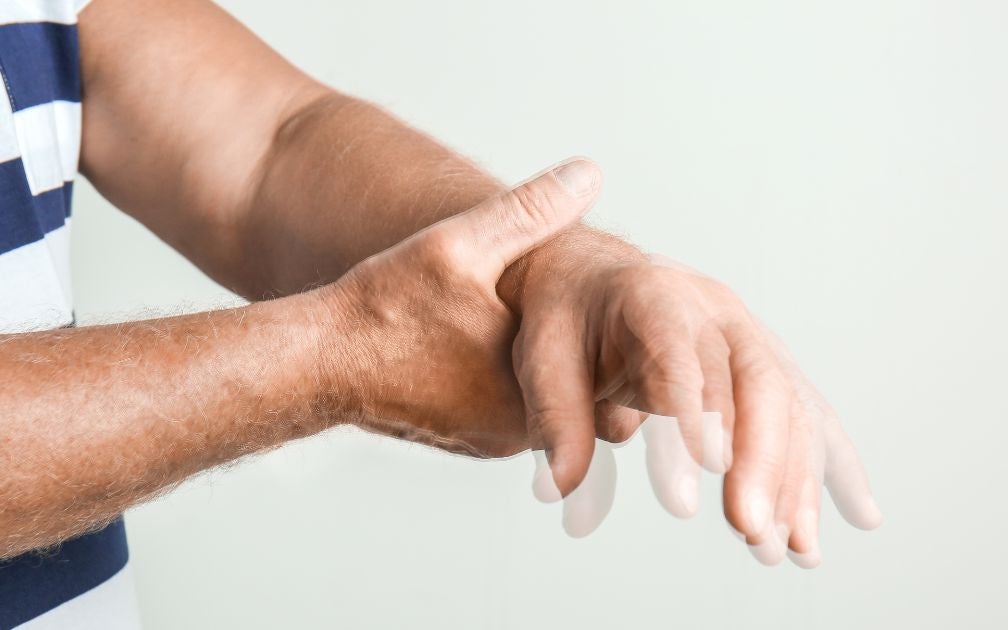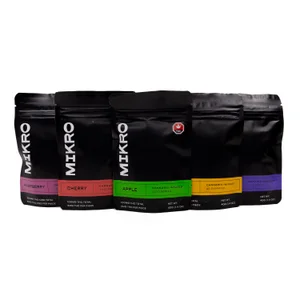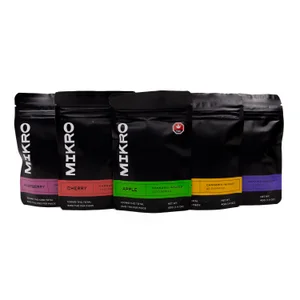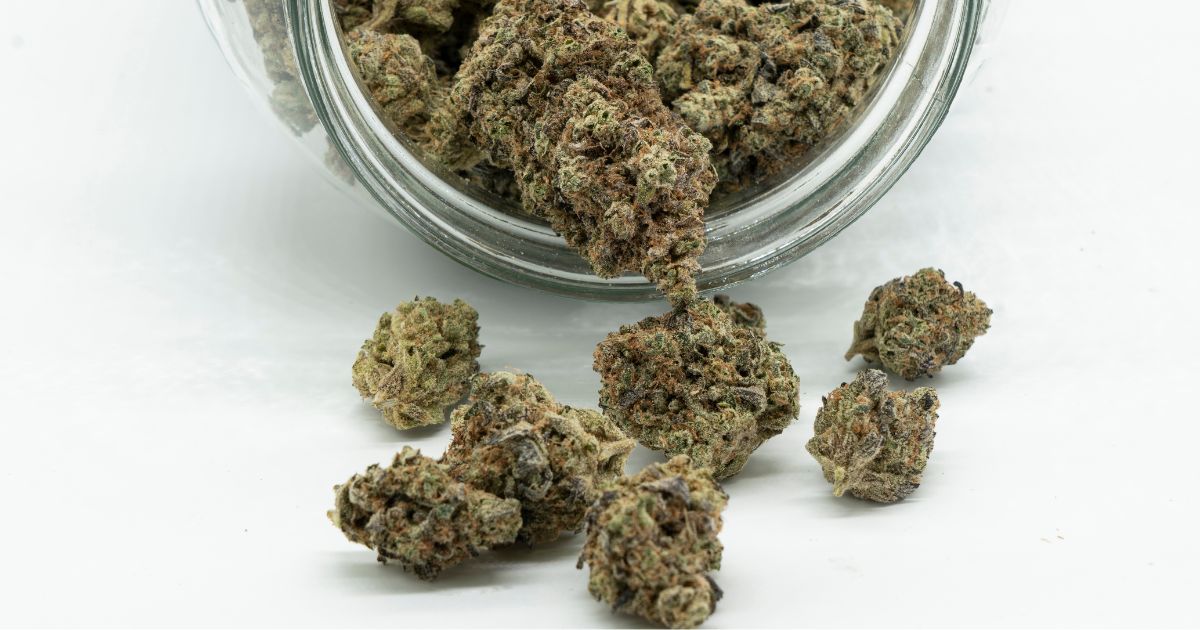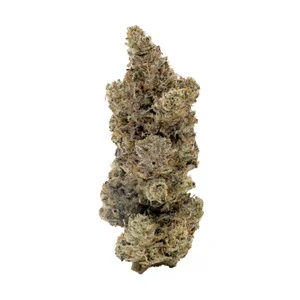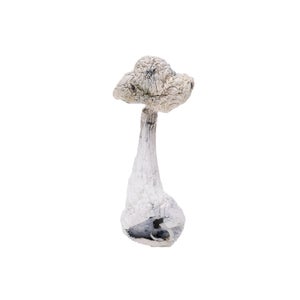CBD vs THC for Parkinson’s: Understanding the Key Differences and Benefits
Table of Contents
- Understanding CBD and THC
- CBD for Parkinson’s
- THC for Parkinson’s
- CBD vs. THC: A Comparative Analysis
- Considerations and Precautions
- Conclusion
- Frequently Asked Questions
Curious about CBD vs THC for Parkinson’s? Dive into this guide to uncover the key differences and benefits. Discover how these cannabinoids hold the potential to alleviate symptoms and enhance your understanding of their role in Parkinson’s management. Get ready to explore the fascinating world of CBD and THC!
Understanding CBD and THC
CBD is a non-psychoactive compound extracted from the cannabis plant. It does not produce the “high” typically associated with cannabis use. On the other hand, THC is the primary psychoactive compound in cannabis responsible for the euphoric effects.
The key difference between CBD and THC lies in their psychoactive effects. CBD does not alter the user’s state of mind or produce intoxication. It is widely considered safe and well-tolerated, even at high doses. THC, however, can induce psychoactive effects, leading to a feeling of euphoria, altered perception of time, and impairment of cognitive functions.
Both CBD and THC interact with the endocannabinoid system (ECS) in the body. The ECS plays a crucial role in regulating various physiological processes, including mood, pain sensation, and motor control. CBD and THC influence the ECS differently, which contributes to their contrasting effects on the body.
CBD for Parkinson’s
CBD shows promise as a potential treatment for managing Parkinson’s symptoms. It may help alleviate some of the common motor symptoms experienced by patients. Studies and anecdotal evidence suggest that CBD can effectively reduce tremors, muscle rigidity, and bradykinesia (slowness of movement).
Research conducted on animals and small human trials have yielded positive results. For instance, a study published in the Journal of Psychopharmacology found that CBD significantly reduced tremors and improved motor function in Parkinson’s patients. These findings provide hope for individuals seeking alternative treatment options.
Moreover, CBD possesses neuroprotective properties that may have a role in slowing down the progression of Parkinson’s disease. Oxidative stress and neuroinflammation are key contributors to the degeneration of dopaminergic neurons, which are responsible for producing dopamine, a neurotransmitter involved in movement control. CBD’s anti-inflammatory and antioxidant effects may help protect these neurons from damage, potentially slowing the advancement of the disease.
THC for Parkinson’s
THC, like CBD, has been studied for its potential effects on Parkinson’s disease symptoms. While CBD offers non-psychoactive benefits, THC’s psychoactive properties may also hold therapeutic potential for patients.
Potential effects of THC on Parkinson’s symptoms
THC has shown promise in addressing various symptoms associated with Parkinson’s disease. It may help alleviate motor symptoms, including tremors, muscle stiffness, and bradykinesia. Research suggests that THC can interact with the brain’s cannabinoid receptors, leading to improvements in motor control and reducing the severity of these symptoms.
Patient testimonials regarding the use of THC for tremors, pain, and sleep disturbances
Studies and patient testimonials have shed light on the potential benefits of THC for managing Parkinson’s symptoms. Some individuals report experiencing a reduction in tremors and improved muscle relaxation after using THC. Furthermore, THC may provide relief from pain associated with Parkinson’s and improve sleep disturbances commonly experienced by patients.
Research conducted on THC’s effects in Parkinson’s patients is still limited, but anecdotal evidence suggests that it may be a viable option worth exploring for symptom management.
Concerns about the psychoactive effects of THC and potential side effects
One of the primary concerns associated with THC is its psychoactive nature, which can cause cognitive impairment and alter perception. These effects can be undesirable, particularly for individuals who need to maintain mental clarity and focus throughout the day.
Additionally, the potential side effects of THC should not be overlooked. Common side effects include dry mouth, increased heart rate, and short-term memory impairment. It is important for patients to consider these potential drawbacks when considering THC as a treatment option for Parkinson’s disease.
CBD vs THC: A Comparative Analysis
CBD vs THC offer distinct mechanisms of action and therapeutic effects for Parkinson’s disease. Understanding the differences between the two compounds is crucial for patients and healthcare professionals when considering treatment options.
Mechanisms of action and therapeutic effects of CBD and THC for Parkinson’s
CBD and THC interact with the endocannabinoid system (ECS) but produce different effects. CBD does not directly bind to cannabinoid receptors but modulates their activity, resulting in anti-inflammatory, neuroprotective, and anxiolytic effects. THC, on the other hand, binds to cannabinoid receptors, primarily activating CB1 receptors, leading to psychoactive and pain-relieving effects.
In terms of Parkinson’s disease, CBD’s potential lies in its neuroprotective and anti-inflammatory properties, while THC’s effects may be attributed to its interaction with cannabinoid receptors involved in motor control.
Finding the right CBD-to-THC ratio
Finding the optimal CBD-to-THC ratio is crucial for tailoring treatment to individual patients’ needs. The ratio determines the balance between CBD’s non-psychoactive benefits and THC’s potential therapeutic effects. Some individuals may benefit from higher CBD ratios to minimize psychoactive effects, while others may require a balanced ratio or higher THC content for symptom management.
Consulting with healthcare professionals experienced in cannabinoid therapy is essential to determine the appropriate CBD-to-THC ratio for each patient, taking into account their unique medical history and symptom profile.
The entourage effect and potential benefits of combining CBD and THC
The entourage effect refers to the synergistic interaction between different cannabis compounds, such as CBD, THC, and other minor cannabinoids, terpenes, and flavonoids. When combined, these compounds may enhance each other’s therapeutic effects, potentially offering greater relief for Parkinson’s symptoms.
Combining CBD and THC in specific ratios may provide a more holistic approach to Parkinson’s management. CBD can potentially counteract the psychoactive effects of THC while still benefiting from its therapeutic properties. Additionally, the entourage effect suggests that the combination of CBD and THC, along with other cannabis compounds, may have a more profound impact on symptom relief compared to using each compound in isolation.
Preliminary research indicates that the combination of CBD and THC may provide better pain relief, muscle relaxation, and overall improvement in motor function compared to using either compound alone. However, further studies are needed to fully understand the extent of the entourage effect and its implications for Parkinson’s treatment.
It’s important to note that the optimal CBD-to-THC ratio and the choice between using CBD, THC, or a combination thereof, can vary for each individual. Factors such as the severity of symptoms, tolerance to psychoactive effects, and personal preferences should be taken into account when determining the most suitable treatment approach.
Considerations and Precautions
While CBD and THC show potential as treatments for Parkinson’s disease, it is essential to approach their use with caution and under medical supervision.
The need for medical supervision and professional guidance
Medical supervision and professional guidance are crucial when considering CBD or THC as treatment options for Parkinson’s disease. Healthcare providers experienced in cannabinoid therapy can offer personalized advice, monitor progress, and ensure safe and effective usage. They can also help determine the appropriate dosage, frequency, and method of administration based on individual needs and response to treatment.
Potential drug interactions and side effects
CBD and THC can interact with other medication, potentially affecting their efficacy or causing unwanted side effects. It is important to be aware of potential drug interactions and to inform healthcare providers about all medications, including over-the-counter drugs and supplements, being used concurrently. Additionally, CBD and THC may have their own side effects, such as dry mouth, drowsiness, or gastrointestinal discomfort. Monitoring for adverse effects is crucial for ensuring patient safety.
Discussing treatment options with healthcare providers
It cannot be stressed enough that individuals considering CBD or THC for Parkinson’s should discuss their treatment options with healthcare providers. These professionals possess the knowledge and expertise to provide guidance tailored to each patient’s specific needs. They can help weigh the potential benefits against the risks, consider individual medical history and current medications, and provide comprehensive care that considers the overall management of Parkinson’s disease.
Engaging in open and honest conversations with healthcare providers ensures that patients receive accurate information, make informed decisions, and receive appropriate support throughout their treatment journey.
Conclusion
CBD and THC show promise for managing Parkinson’s disease symptoms. CBD’s neuroprotective properties may help slow disease progression and reduce tremors and muscle rigidity, while THC’s psychoactive effects offer relief for motor symptoms. Finding the right CBD-to-THC ratio and personalized treatment plan is crucial. Further research is needed to fully understand their effects and usage. Exploring cannabis-based therapies holds potential for improving the lives of those with Parkinson’s. Collaborating with healthcare providers is vital to ensure safe and effective use. Let’s continue unraveling the mysteries of CBD and THC in Parkinson’s management for a brighter future!
Frequently Asked Questions
Does CBD or THC help with Parkinson’s?
CBD and THC have shown promise in managing Parkinson’s disease symptoms. CBD’s neuroprotective properties may help slow disease progression and reduce tremors, while THC’s psychoactive effects can provide relief for motor symptoms. However, individual responses may vary, and it’s important to consult with a healthcare professional for personalized advice.
Can THC help with Parkinson’s?
THC has potential benefits for Parkinson’s management. Its psychoactive properties may provide relief for motor symptoms such as tremors, muscle rigidity, and bradykinesia. However, the psychoactive effects of THC should be taken into consideration, and it is essential to work closely with healthcare professionals for guidance and monitoring.
What is the best cannabinoid for Parkinson’s?
Determining the best cannabinoid for Parkinson’s depends on individual needs and responses. CBD offers non-psychoactive benefits and neuroprotective properties, while THC’s psychoactive effects can provide symptom relief. Finding the right balance and CBD-to-THC ratio is crucial and should be discussed with healthcare professionals experienced in cannabinoid therapy.
Can CBD THC help with tremors?
Both CBD and THC have shown potential in managing tremors associated with Parkinson’s disease. CBD’s anti-inflammatory and neuroprotective properties may help reduce tremors, while THC’s interaction with the endocannabinoid system can offer symptom relief. The optimal CBD-to-THC ratio varies for each individual, and medical supervision is important to determine the most suitable treatment approach.
Does CBD help with Parkinson shaking?
CBD has shown promise in reducing shaking associated with Parkinson’s disease. Its anti-inflammatory and neuroprotective properties may help alleviate symptoms, including shaking. However, individual responses may vary, and it is important to consult with healthcare professionals for personalized guidance and to determine the most effective treatment plan for managing Parkinson’s shaking.


